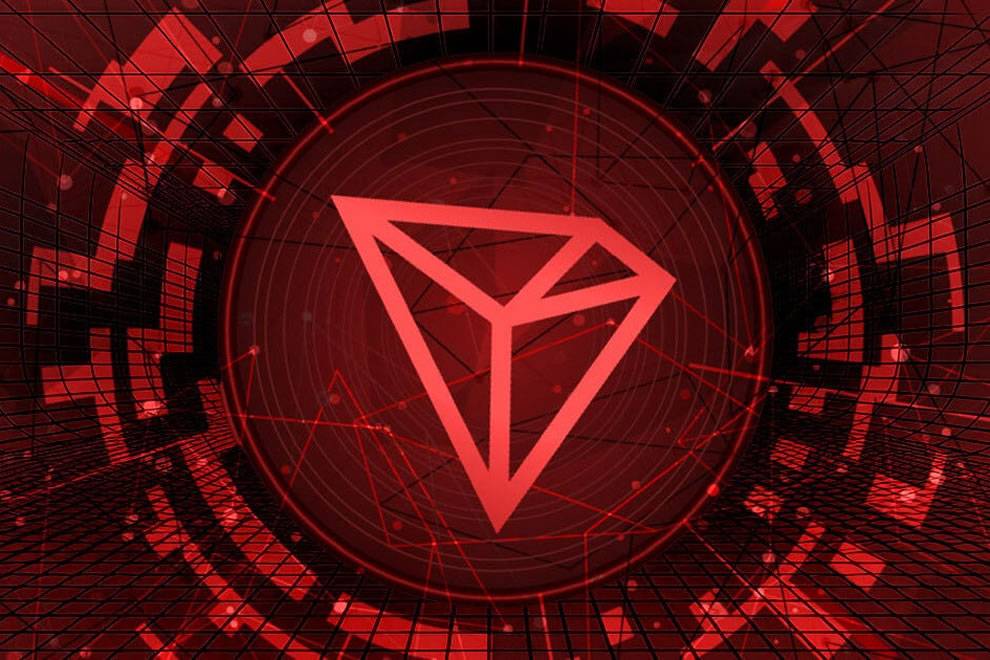The TRON Network: Did Bitcoin's Open-Source Ethos Inspire its Creation?
- 18-12-2023
- Business
- Canarian Weekly
The TRON Network, founded by Justin Sun, has become a prominent player in the cryptocurrency and blockchain space. While TRON has made significant strides in terms of scalability and smart contract capabilities, it's worth exploring whether its open-source ethos was inspired by the groundbreaking principles set by Bitcoin.
In this article, we will delve into the history of TRON, the open-source ethos of Bitcoin, and whether TRON's development has been influenced by these principles. Visit https://voltixedge.org/; it is like a friendly guide in the vast world of investments. It acts as a bridge, connecting users eager to learn about investments with firms specializing in educating everyday people.
UNDERSTANDING THE TRON NETWORK
History and Origin of TRON:
TRON was founded by Justin Sun in 2017, to create a decentralized internet. Sun's background includes education at top institutions like the University of Pennsylvania and his time as a representative for Ripple in China. Sun's experience and vision played a significant role in shaping TRON's mission.
Key Features and Goals of TRON:
TRON aimed to address some of the limitations of existing blockchain platforms, such as scalability and high transaction costs. It introduced features like Delegated Proof of Stake (DPoS) consensus and an emphasis on smart contracts and decentralized applications (dApps). TRON's whitepaper highlighted its vision for a truly decentralized internet where content creators can interact directly with consumers.
TRON's Place in the Blockchain and Crypto Ecosystem:
TRON quickly gained attention in the crypto space, positioning itself as a competitor to Ethereum due to its focus on dApps and smart contracts. It established itself as a major player in the blockchain ecosystem, drawing interest from developers and investors alike.
THE GENESIS OF BITCOIN'S OPEN-SOURCE ETHOS
Satoshi Nakamoto's Vision for Bitcoin:
Bitcoin, created by the pseudonymous Satoshi Nakamoto, was introduced in 2008 through a whitepaper titled "Bitcoin: A Peer-to-Peer Electronic Cash System." Satoshi's vision was to create a decentralized digital currency that would eliminate the need for intermediaries like banks.
The Release of the Bitcoin Source Code:
One of the most significant aspects of Bitcoin's development was the release of its open-source software. In January 2009, Satoshi Nakamoto released the Bitcoin source code, making it accessible to anyone interested in contributing to its development or creating their cryptocurrency based on the same principles.
The Impact of Open-Source Principles on Bitcoin's Success:
Bitcoin's open-source ethos had a profound impact on its success. It allowed for a global community of developers to collaborate on its improvement, ensured transparency, and enhanced security. The open-source nature of Bitcoin contributed to its widespread adoption and the creation of thousands of other cryptocurrencies based on its technology.
TRON'S FOUNDER: JUSTIN SUN
Background and Motivation of Justin Sun:
Justin Sun's journey into the crypto world was marked by his passion for blockchain technology and a desire to create a decentralized internet. His educational background and experience in the crypto space provided him with the knowledge and resources to launch TRON.
Justin Sun's Vision for TRON:
Sun's vision for TRON aligned with the ideals of decentralization and empowerment of content creators. He aimed to create a blockchain platform that could compete with established players like Ethereum while offering unique features and improvements.
The Role of Justin Sun in TRON's Development:
As the founder and face of TRON, Justin Sun played a crucial role in its development. His leadership and ability to attract attention and partnerships helped TRON secure its position in the crypto market.
OPEN-SOURCE PHILOSOPHY IN THE TRON NETWORK
TRON's Open-Source Approach:
Similar to Bitcoin, TRON adopted an open-source approach, allowing anyone to view, use, and contribute to its source code. This approach fosters collaboration and transparency within the developer community.
Contributions from the Developer Community:
TRON's open-source philosophy led to a diverse and active developer community. Developers around the world worked on improving the TRON blockchain, developing dApps, and exploring new use cases.
The Role of Transparency and Collaboration in TRON's Growth:
Transparency and collaboration have been key drivers of TRON's growth. These principles have helped build trust among users and developers, leading to the platform's continued evolution and success.
INNOVATIONS AND IMPROVEMENTS IN TRON
Technical Advancements in TRON's Blockchain:
TRON introduced technical advancements, such as its DPoS consensus mechanism, which improved scalability and transaction speeds. These innovations addressed some of the limitations faced by earlier blockchain platforms.
Smart Contract Capabilities and Scalability:
TRON's focus on smart contracts and high throughput made it an attractive platform for developers. It offered a more cost-effective and efficient environment for building decentralized applications.
Comparing TRON's Innovations with Bitcoin:
While Bitcoin paved the way for blockchain technology, TRON built upon these foundations with innovations tailored to the demands of a decentralized internet. Comparing these innovations sheds light on the evolution of blockchain technology.
CRITICISMS AND CONTROVERSIES SURROUNDING TRON
Allegations of Plagiarism and Centralization:
TRON faced criticism for alleged plagiarism in its whitepaper and for centralization concerns. These controversies raised questions about the project's authenticity and decentralization.
Security Concerns and Vulnerabilities:
Like other blockchain projects, TRON has encountered security issues and vulnerabilities. These challenges highlighted the importance of robust security measures in the blockchain space.
TRON's Response to Criticisms:
TRON's response to criticisms included addressing vulnerabilities, improving transparency, and engaging with the community to resolve concerns. How it managed these challenges reflects its commitment to open-source principles.
Conclusion:
In conclusion, the TRON Network, under the leadership of Justin Sun, has made significant advancements in the blockchain arena by embracing an open-source philosophy. Drawing inspiration from the foundational principles of Bitcoin, TRON has undergone continuous evolution to tackle specific challenges within the decentralized internet ecosystem.
This journey underscores the profound impact of open-source ideals in the cryptocurrency realm, fostering a culture of collaboration, transparency, and ongoing innovation.
Other articles that may interest you...
Trending
Most Read Articles
Featured Videos
A Vision of Elvis Tenerife Promo
- 10-05-2025
TEAs 2025 Highlights
- 17-11-2025

























































